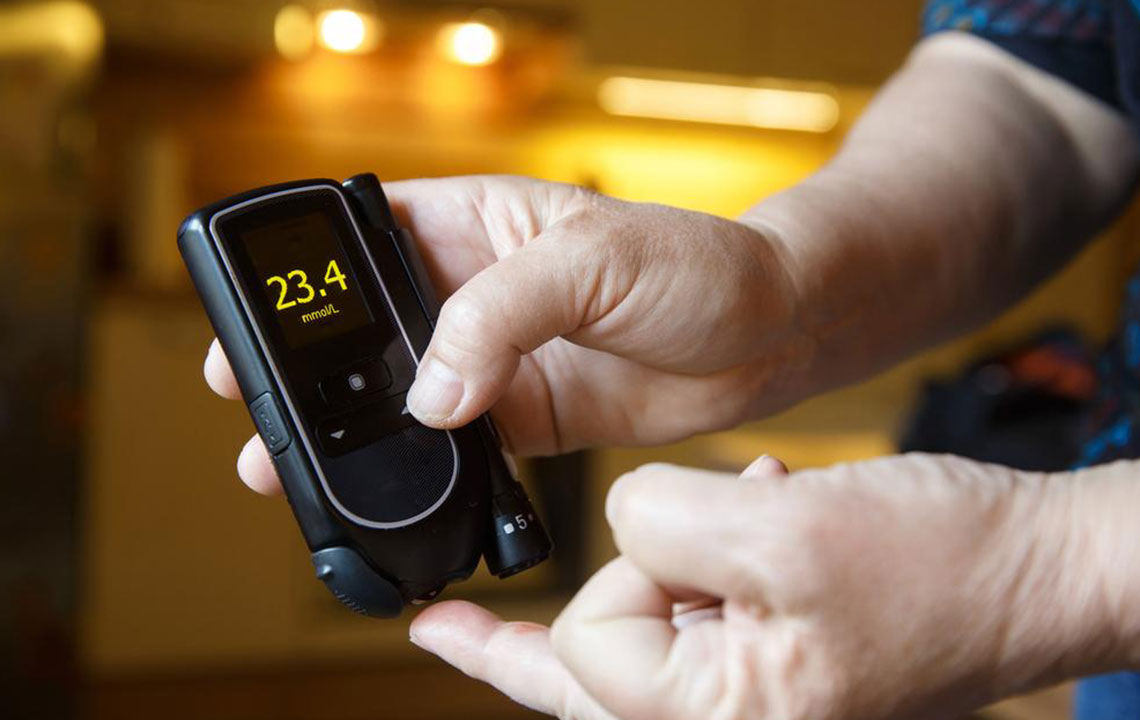Smart Eating Plans to Control Diabetes Effectively
Discover effective dietary strategies to manage and control diabetes. This guide covers various nutritional plans, foods to eat and avoid, and lifestyle tips to improve blood sugar levels and overall health. Incorporate balanced diets like DASH, Mediterranean, Paleo, and plant-based options for optimal diabetes care and reduce associated health risks.

Diabetes, also called diabetes mellitus, is a metabolic disorder that affects how the body handles insulin. When insulin isn't functioning properly, carbohydrate metabolism gets disrupted, resulting in high blood sugar levels.
Important facts about diabetes
• Elevated blood glucose is a hallmark of diabetes.
• Type 1 occurs when the body can't produce insulin, representing around 10% of cases.
• Type 2 results from insufficient insulin relative to the body's needs.
Most diabetics suffer from Type 2.
• Symptoms include frequent urination, excessive thirst, hunger, weight changes, fatigue, slow-healing wounds, numbness, and sexual health issues in men.
• Managing Type 1 diabetes requires healthy diet choices, consistent exercise, and proper insulin management.
• Those with Type 2 should adopt an active lifestyle, eat a balanced diet, and monitor blood sugar regularly. Medication or insulin therapy might also be needed.
• Due to increased cardiovascular risks, monitoring blood pressure and cholesterol is crucial.
• If you're diabetic, quitting smoking is essential as it worsens health complications.
Diet strategies for effective diabetes control
Diabetes significantly increases the risk of heart disease and mental health issues like depression. Many Type 2 cases are preventable or reversible through diet and lifestyle adjustments. Focus on lean proteins, fiber-rich foods, fruits, vegetables, healthy fats such as olive oil, and low-fat dairy. Limit simple carbs and processed foods.
Foods to consume cautiously or avoid
Cut back on processed grains like white bread and pasta, sugary fruits, full-fat dairy, trans fats, refined flour products, and foods with high glycemic indexes that spike blood sugar and cholesterol.
The DASH Diet
The DASH plan, originally created to lower blood pressure, also benefits diabetics. It emphasizes lean proteins like fish and poultry, plant-based foods, low-fat dairy, whole grains, and healthy oils. Sugary beverages, sweets, and red meats are limited.
The Mediterranean Diet
Inspired by traditional Mediterranean eating habits, this diet promotes blood sugar regulation and weight control through foods rich in oleic acid, including fish, poultry, nuts, vegetables, and olive oil. Moderate alcohol consumption can be beneficial. Red meat is eaten sparingly.
The Paleo Diet
Based on the foods available to early humans, it encourages fruits, vegetables, lean meats, fish, nuts, and seeds while avoiding processed foods, grains, and dairy products.
The Gluten-Free Diet
People with celiac disease must avoid gluten from wheat, barley, and rye. Note that gluten-free foods are not inherently low in carbs.
Vegan and Vegetarian Diets
Vegetarians abstain from meat but eat dairy and eggs, while vegans exclude all animal-derived products. Suitable foods include beans, soy, leafy greens, nuts, legumes, fruits, and whole grains. Combining these diets with exercise and medical guidance helps optimize blood sugar control. Always follow your healthcare provider’s recommendations for medication and management.


